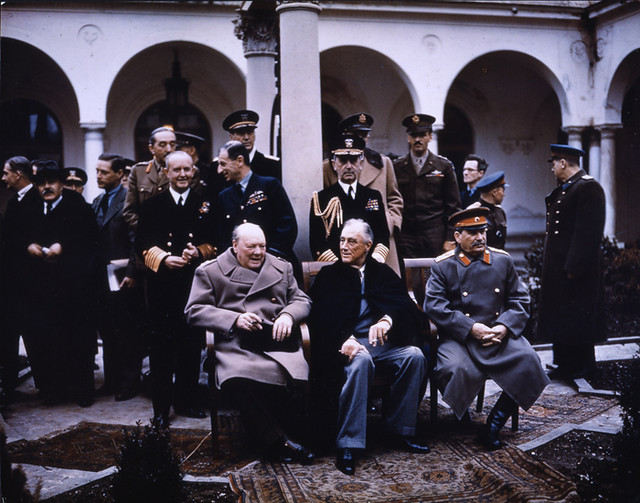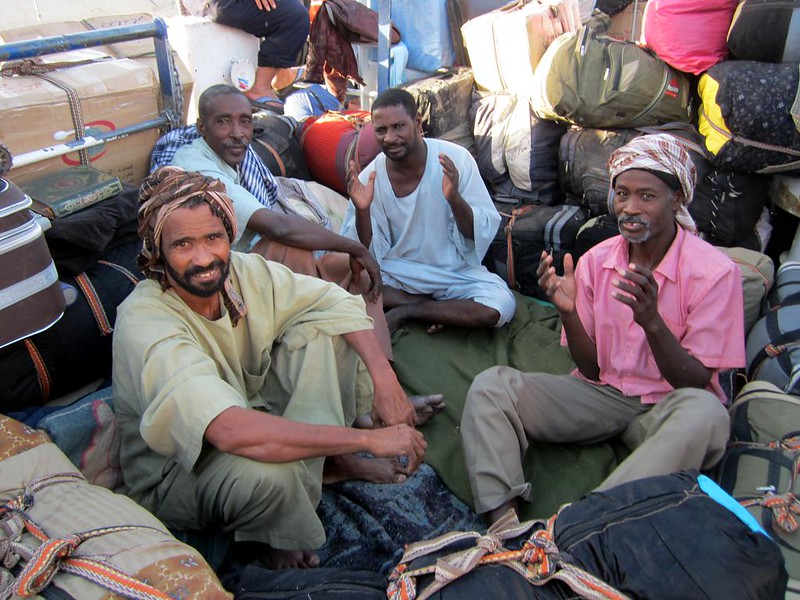 In March 2024, the Grain from Ukraine initiative, launched by President Zelenskyy in 2022, contributed 7,600 tonnes of wheat flour to Sudan. This human welfare effort, facilitated by the German Federal Foreign Office, underscores Ukraine’s commitment to humanitarian assistance. The German Federal Foreign Office funded the operation with a $16 million investment, aligning its mission and humanitarian efforts with the principles of the Red Cross and Red Crescent Movement.
In March 2024, the Grain from Ukraine initiative, launched by President Zelenskyy in 2022, contributed 7,600 tonnes of wheat flour to Sudan. This human welfare effort, facilitated by the German Federal Foreign Office, underscores Ukraine’s commitment to humanitarian assistance. The German Federal Foreign Office funded the operation with a $16 million investment, aligning its mission and humanitarian efforts with the principles of the Red Cross and Red Crescent Movement.
In addition, the German Federal Foreign Office bases its actions on key humanitarian principles: humanity, impartiality, neutrality and independence. These principles emphasize the importance of aiding individuals based on their needs without influence from political, military, economic, or other agendas, ensuring assistance is purely humanitarian.
Engineering the Donation
The Integrated Food Security Phase Classification (IPC), the German Federal Foreign Office and the Grain from Ukraine program all maintain political neutrality in their donation efforts. Above all, its primary goal is saving lives and alleviating suffering through humanitarian aid. These efforts aim to underscore the importance of foreign aid and advocacy from one nation to another, focusing on the critical need for continued support.
Data Determines Need
The IPC is a multi-partner program that works to improve food security and perform nutrition analysis. This program analyzes situations of need, adheres to the Humanitarian Needs Overview (HNO) process and shares data. Data from the IPC is then utilized by the Humanitarian Response Plan (HRP). The decision-makers like the IPC Acute Food Insecurity (AFI) and HRP use this information to address the situation of food insecurity.
Furthermore, the IPC uses five categories to identify areas of need: minimal/none, stressed, crisis, emergency and catastrophe/famine. The category designation guides decision-makers in prioritizing assistance and intervention efforts on global, regional, or national levels.
Improving Human Welfare
More than 25 million people in Sudan, South Sudan and Chad are facing a severe food security crisis. In Sudan alone, 5 million out of 18 million are experiencing emergency levels of hunger. In addition, the United Nations World Food Program (WFP) reports that a shipment of 7,600 tonnes of wheat flour will provide a month’s sustenance for one million people. Arriving in Port Sudan, this wheat flour, distributed by WFP trucks, is crucial for families, especially during May’s “lean season” when food scarcity intensifies.
Moreover, Eddie Rowe became WFP’s Country Director for Sudan in March 2021, overseeing Emergency and Natural Disaster operations, including in Sudan. Rowe expressed, “This donation will enable WFP to support people whose lives have been completely upended. We are deeply grateful to Ukraine and Germany for supporting the Sudanese people in their greatest hour of need.”
Looking Forward
The Grain from Ukraine initiative, backed by the German Federal Foreign Office, is a beacon of hope for millions facing food insecurity in Sudan, South Sudan and Chad. Through collaborative international efforts, this program not only provides essential sustenance but also embodies the spirit of human welfare and solidarity across borders. The commitment to neutrality and impartiality ensures that aid reaches those most in need, free from external agendas.
Above all, as these endeavors progress, they highlight the crucial role of data-driven decision-making in addressing global hunger crises. The partnership between nations like Ukraine and Germany, alongside organizations such as the WFP, sets a precedent for future humanitarian collaborations. Looking ahead, the continued support and generosity of the international community remain vital in combating hunger and building a more secure, nourished world.
– Pamela Fenton
Photo: Flickr
 Russia’s war with Ukraine has forced millions of Ukrainians to flee their homeland. The war is devastating the country; its infrastructure and economy are collapsing.
Russia’s war with Ukraine has forced millions of Ukrainians to flee their homeland. The war is devastating the country; its infrastructure and economy are collapsing. 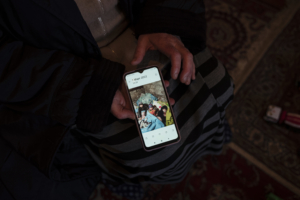 The Ukrainian government
The Ukrainian government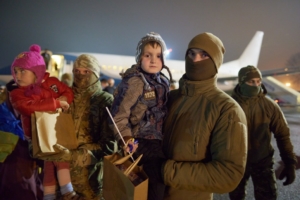 In April 2022, the U.S. government began the
In April 2022, the U.S. government began the  On the night of Monday, June 20, 2022, Russian journalist Dmitry Muratov’s Nobel Peace Prize sold at
On the night of Monday, June 20, 2022, Russian journalist Dmitry Muratov’s Nobel Peace Prize sold at  Ukraine is the second poorest country in Europe, with a per capita
Ukraine is the second poorest country in Europe, with a per capita 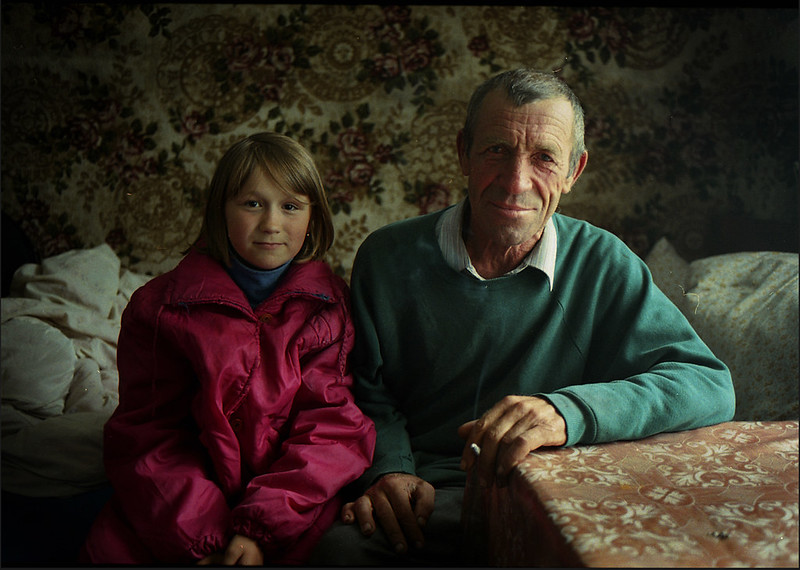 Ukraine, a former Soviet Republic, currently has the
Ukraine, a former Soviet Republic, currently has the